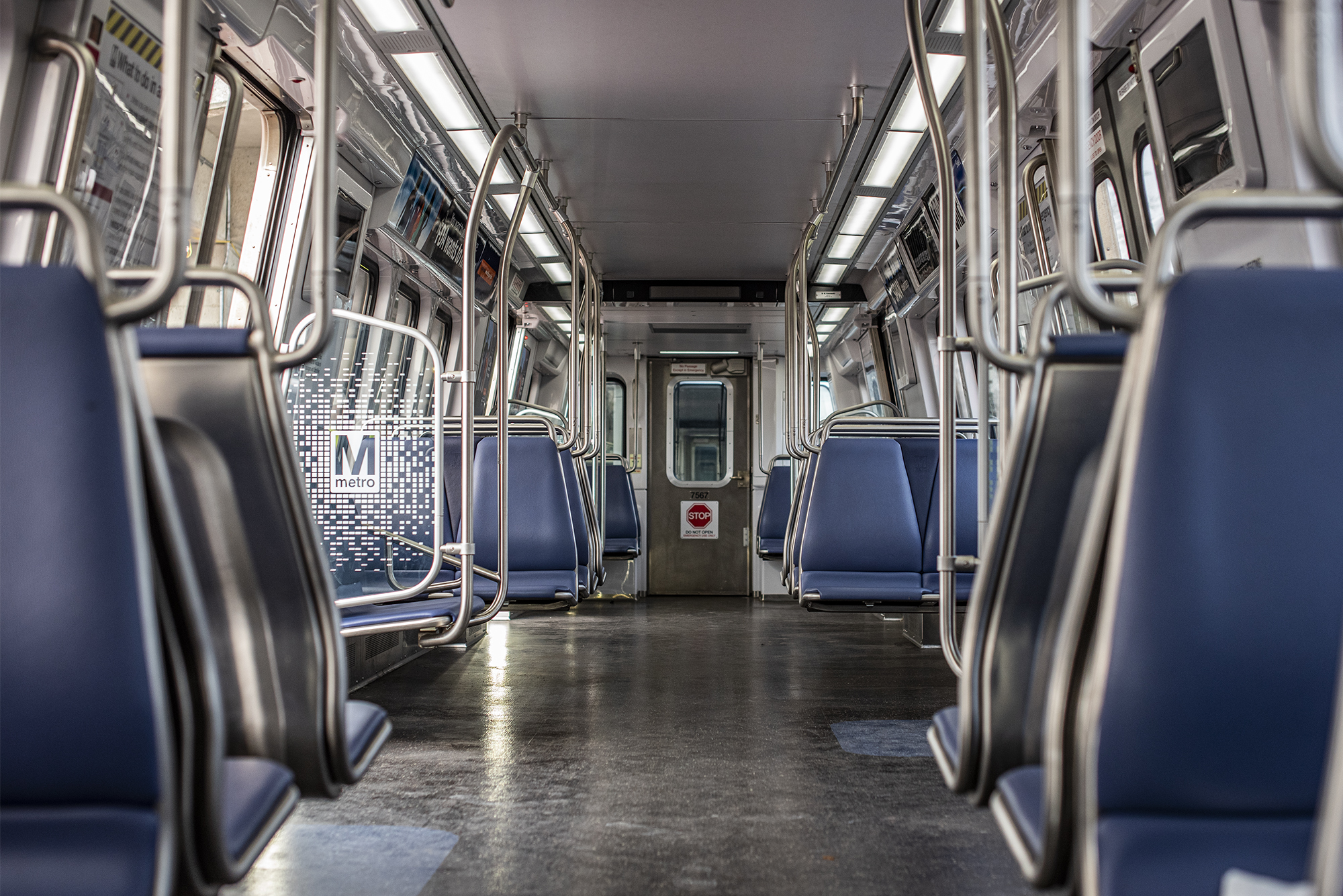By Erin Sjostedt
For The Diamondback
Several University of Maryland faculty and staff members say this university’s transportation benefits are not substantial enough to cover all of their commuting needs.
This university offers faculty and staff $315 of pre-tax commuter benefits to be used monthly for public transportation, this university’s Department of Transportation Services wrote in a statement to The Diamondback. But some community members say this benefit, in addition to rising parking costs on campus, has been a burden for many commuters.
Todd Holden, senior digital services developer at this university and president of the American Federation of State, County and Municipal Employees Local 1072 union, said the public transportation benefits at this university are often “cumbersome” to use.
Receiving the pre-tax transit benefits requires staff workers to complete a form through DOTS and set up an account with a service provider, according to Holden. The provider then sends the recipient a debit card to be activated with the funds, Holden said.
This university’s employees would strongly benefit from free or discounted ridership on the Metro system, Holden said.
[UMD students criticize university’s lack of Metro discount program]
The Washington Metropolitan Area Transit Authority’s SmartBenefits program is similar to this university’s pre-tax commuter benefit. But the balance is provided on a SmarTrip card used to pay the Metro fare rather than a debit card, according to WMATA’s website.
Other schools in the Washington, D.C., region, including Georgetown University and American University, offer WMATA’s SmartBenefits program.
“That is probably a thing that could really help to alleviate a lot of the pressures that people feel when it comes to using public transit around the region to get to work here or to get to class here,” Holden said.
Karin Rosemblatt, a history professor and president of United Academics of Maryland — University of Maryland, a coalition of faculty members at this university, said she commutes daily.
Rosemblatt usually rides the Metro but occasionally drives to campus, she said. The public transportation benefits should be advertised more broadly at this university, she added.
Rosemblatt also criticized the cost of parking at this university for staff and faculty members..
“Those of us who commute sometimes have the need to drive to campus because we have a box of books we have to transport,” Rosemblatt said. “I don’t think the DOTS has taken that into consideration.”
[WMATA board approves Metrobus overhaul that eliminates C8 route]
Faculty and staff members are charged for parking spaces based on their annual income. An employee who earns less than $30,000 per year would pay $494 for an annual permit, while employees who earn more than $80,001 annually pay more than $1,000 per year.
“I know that it’s a burden, especially for some of the low-wage workers on our campus,” Rosemblatt said.
Holden said that while he hopes to ensure parking rates remain affordable, he prefers to remove parking fees on campus for all staff members.
DOTS is a self-supported agency, which means it funds operations without using student tuition, according to the department’s statement. Parking revenue is used to support DOTS operations, the statement said.
But Daniel Greene, an information associate professor and vice president of this university’s chapter of UAM-UMD, said DOTS’ self-supporting system is an example of the university “refusing to spend money on its employees.”
Greene said that as a tenured associate professor, he’s paid more than other staff members at this university. High parking costs make it difficult for the greater campus community, as tenured faculty are the “minority” of all workers at this university, he said.
“It’s one of those things that definitely hurts more for the contingent lower paid people who make up the majority of university workers,” Greene said.



